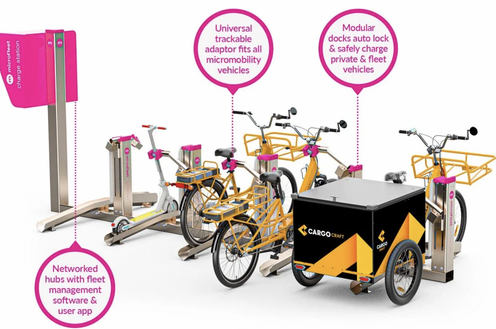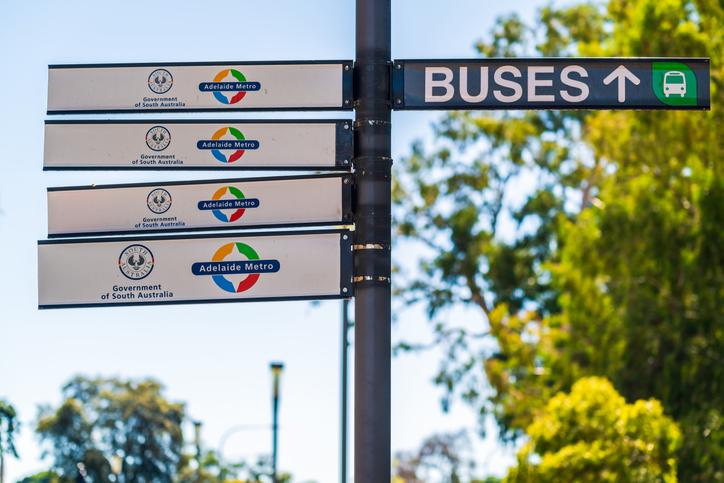Australia’s national transport research centre has announced $1m in funding for new technologies designed to improve urban mobility, including an app for vision-impaired public transport users and a micromobility platform.

Trials are set to begin this year of the See Me app, designed to make public transport more accessible for blind and vision impaired people.
The app, designed by blind South Australian software programmer Cassie Hames, has received $500,000 of funding from the iMove CRC.
Ms Hames, who works for Adelaide company SAGE Automation, says the app alerts bus drivers in advance that a vision impaired passenger is waiting at a bus stop, ensuring they are not missed.
Once on the bus, the app alerts users to stops so they can disembark without needing to use the bell.
Ms Hames says the idea is based on her personal experience using public transport.
“As a frequent public transport user, I wanted to develop a solution that increases accessibility for all people so that everyone can feel comfortable, confident, and safe catching the bus,” she said.
iMOVE managing director Ian Christensen says the app as a “beacon of hope” for vision impaired people, and will help them independently navigate urban spaces.
Limited trials of the app will start this year in South Australia, Queensland and NSW.
Micromobility platform
Meanwhile, a subsidiary of the company that provides Australia Post’s e-bikes has also secured $500,000 for a new micromobility platform, that it also hopes to export overseas.

The OneDock charging and parking station enables universal tracking, docking, charging and sharing for electric bikes, scooters, and other light electric vehicles, including public fleets.
It consists of a series of networked hubs with fleet management software and user apps, trackable adaptors for microbmility vehicles, and modular charging docks.
The technology has profound implications for the integration of e-micromobility into urban transport, Mr Christensen says.
“OneDock is the embodiment of the future of urban mobility and transportation,” he said.
“It’s sustainable, user-centric, and primed for global adoption. It’s green, it’s smart, and it’s what cities need. “
The company behind OneDock, Electric Vehicles Pty Ltd subsidiary MicroFleet, hopes to set up 100,000 docking points in Australia and 1 million globally by 2030, and is in discussions for a potential rollout in New York next year.
OneDock will have its international launch in Europe in 2024 at a series of cycling and micromobility trade fairs.





Leave a Reply